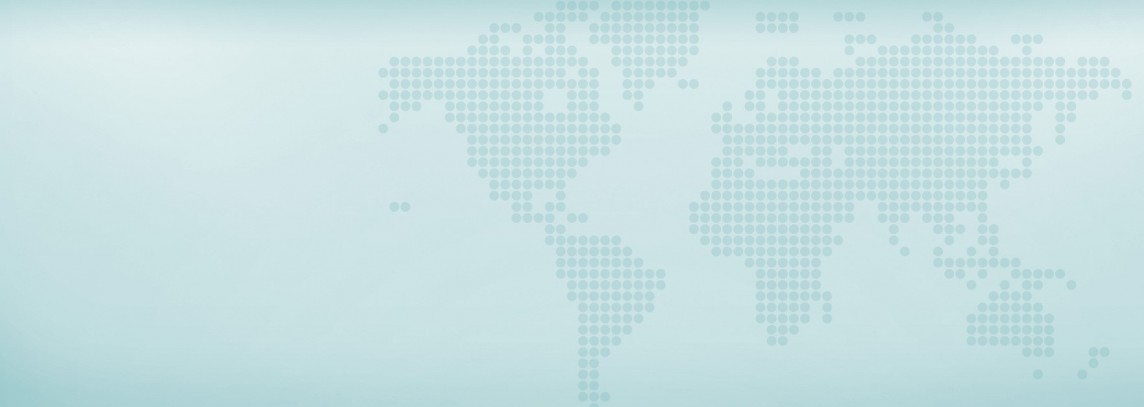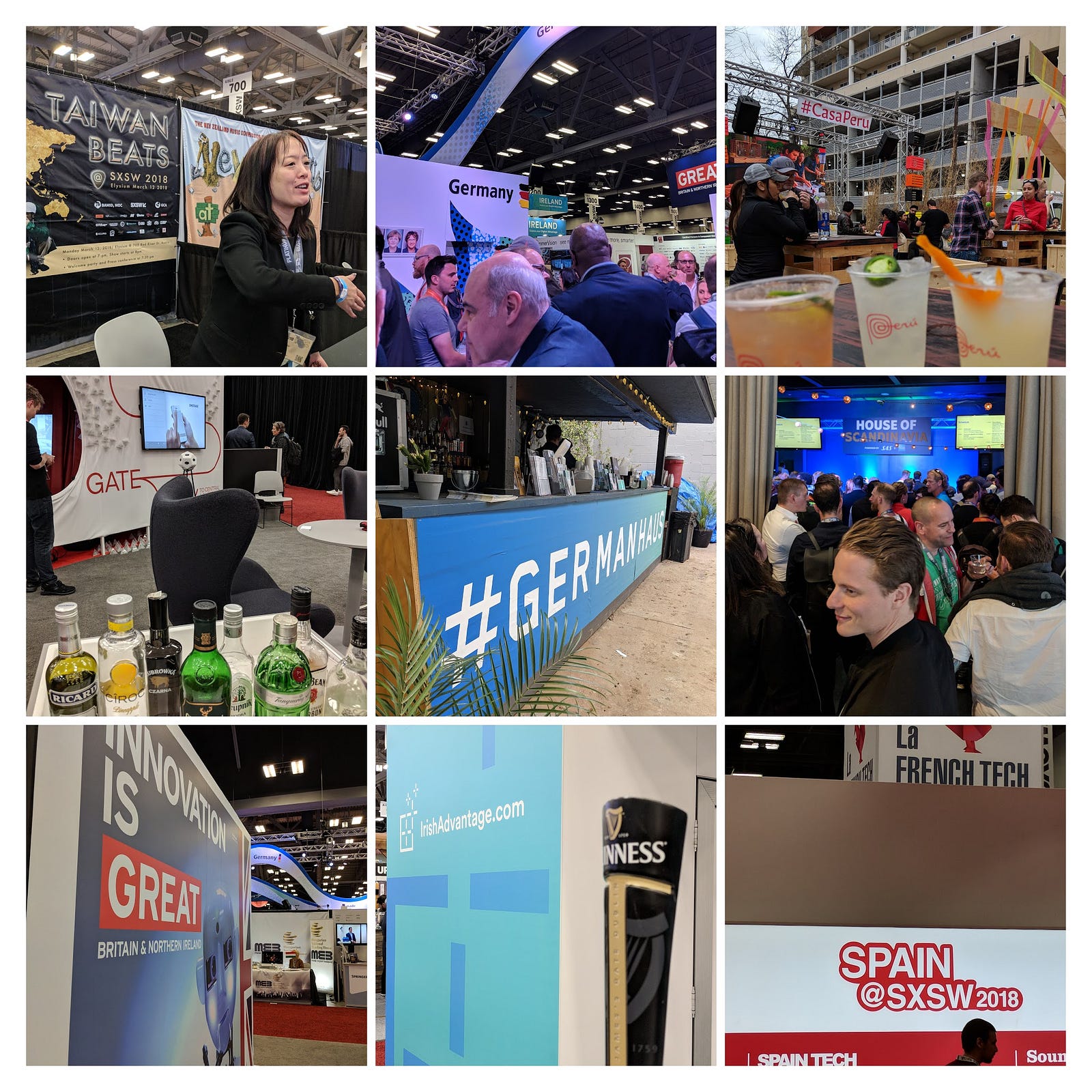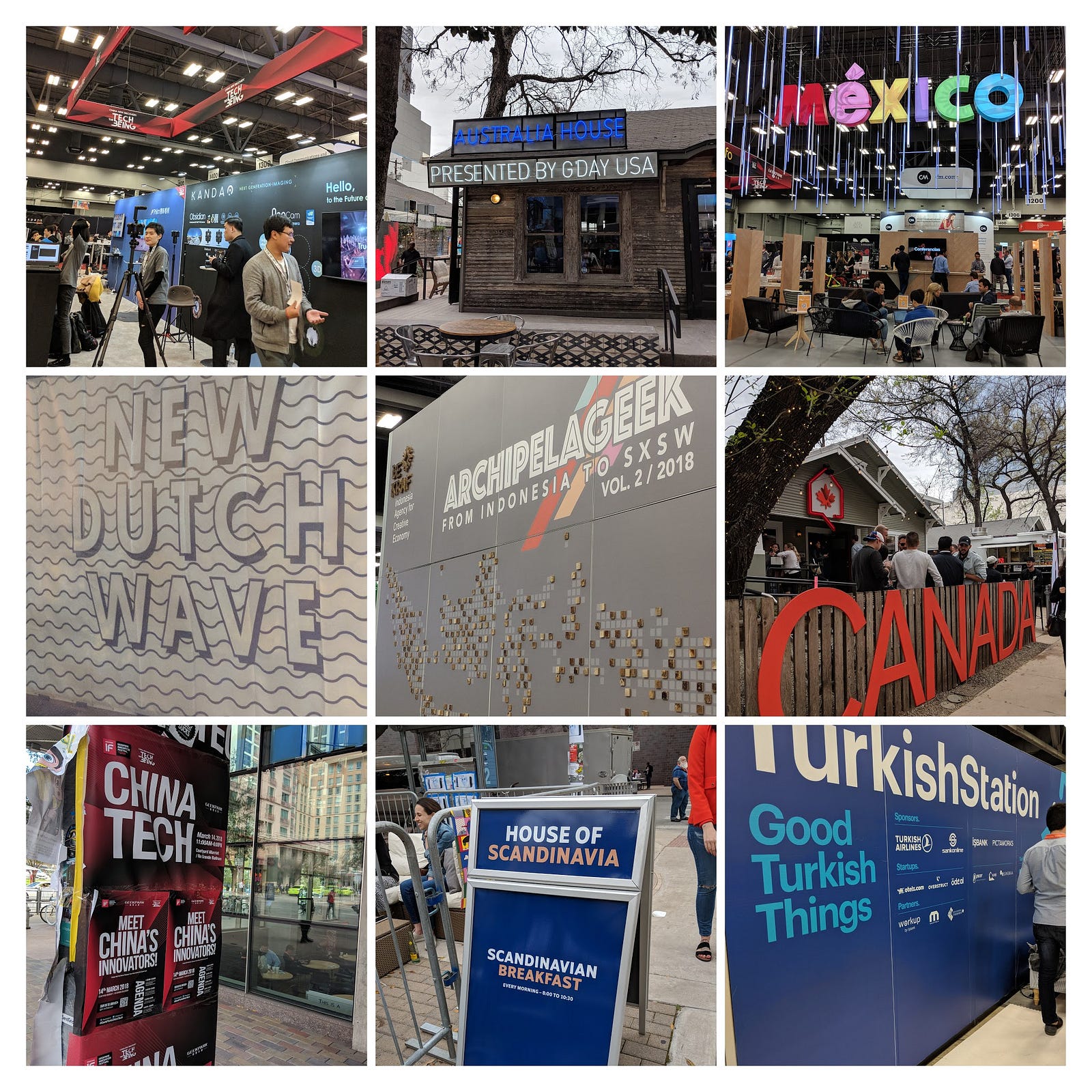For International Women’s Day in 2019, a group of digital diplomats and allies tried something new: they shared a Twitter thread, a coordinated campaign on Facebook and Instagram, and a common objective.
The informal group, a legacy of the first international digital diplomacy conference held in Stockholm in 2014, has long recognized the importance of fostering an environment in which issues of global importance could be discussed on-line. Over the years, the group has shared ideas, hashtags and best practices.
On March 8th, they decided to take their collaboration public. Eight embassies in Washington, DC (@ukinusa, @euintheus, @SwedeninUSA, @swissembassyUSA, @italyinUS, @spainintheUSA, @canembUSA) together with offices in the US government (@genderatstate), the Freedom Forum Institute’s NewseumED (@NewseumED), and the Digital Diplomacy Coalition (@digidiplomats), used their social media presence to bring attention to the harassment of women on-line. They started with a Twitter thread stating their common objective and sharing facts. They also shared the content on Facebook and Instagram.
The effort was even turned into a Twitter Moment!
Discussion of global issues has grown more vibrant over the years and many of the the people with their fingers on the keyboard have been instrumental in shaping that environment. There is growing evidence that women are less and less safe participating in civil discourse online, so it is imperative that institutions do their part to keep them engaged. International Women’s Day is the perfect opportunity to send this unified message.
Like all digital conversations, digital diplomats hope to see it grow and for new ideas to emerge from the effort, and we urge others to join us!
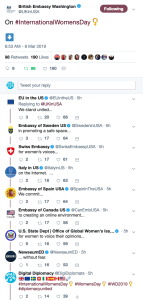
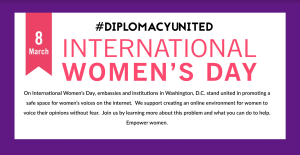
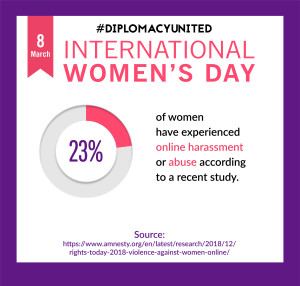
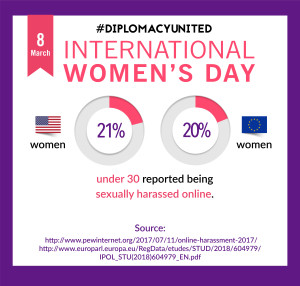
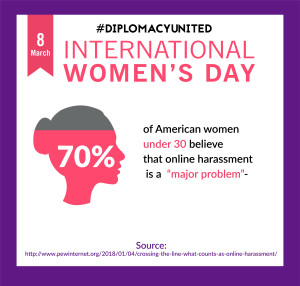
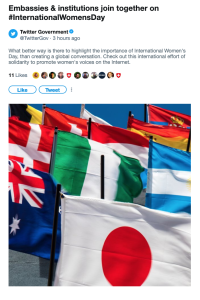
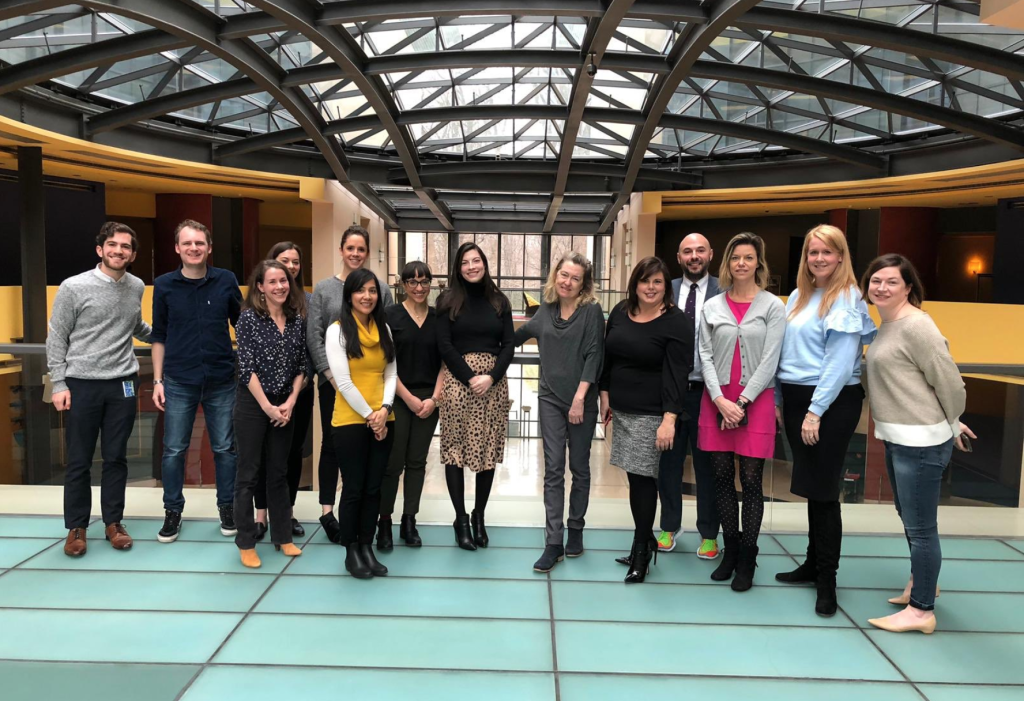

 It’s that time of year! SXSW 2019 is about to kick off and we wanted to share a few digital diplomacy, govtech and related events and sessions you might want to check out if you’re in Austin.
It’s that time of year! SXSW 2019 is about to kick off and we wanted to share a few digital diplomacy, govtech and related events and sessions you might want to check out if you’re in Austin.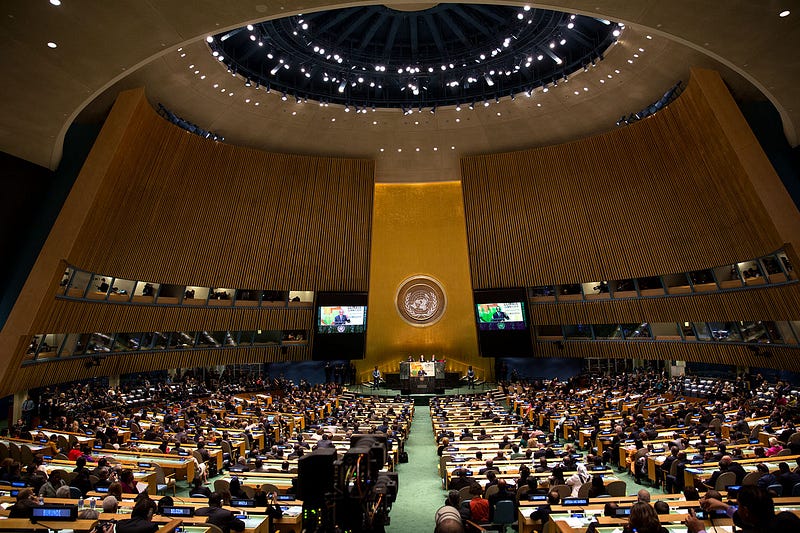 For most in the international affairs and global development fields, the month of September marks an annual milestone — the United Nations General Assembly. While this is a moment when eyes are focused on the UN, the work and impact of the UN system is year-round — and so is their communications effort.
For most in the international affairs and global development fields, the month of September marks an annual milestone — the United Nations General Assembly. While this is a moment when eyes are focused on the UN, the work and impact of the UN system is year-round — and so is their communications effort.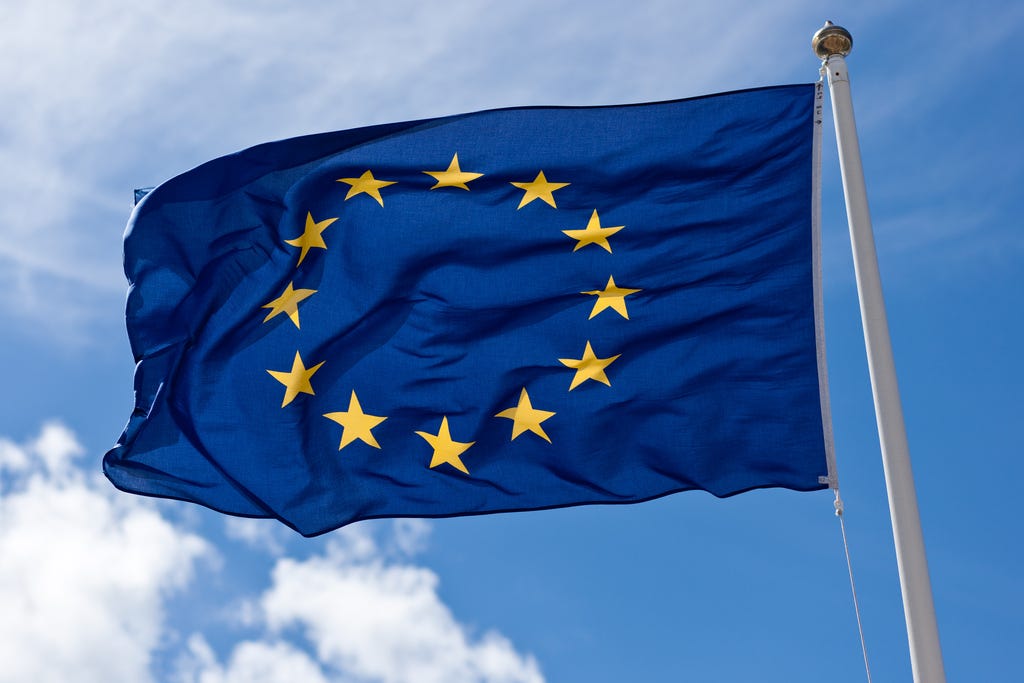 Washington is the quintessential diplomatic town, home to embassies representing nearly every country in the world and most international organizations — including the European Union.
Washington is the quintessential diplomatic town, home to embassies representing nearly every country in the world and most international organizations — including the European Union.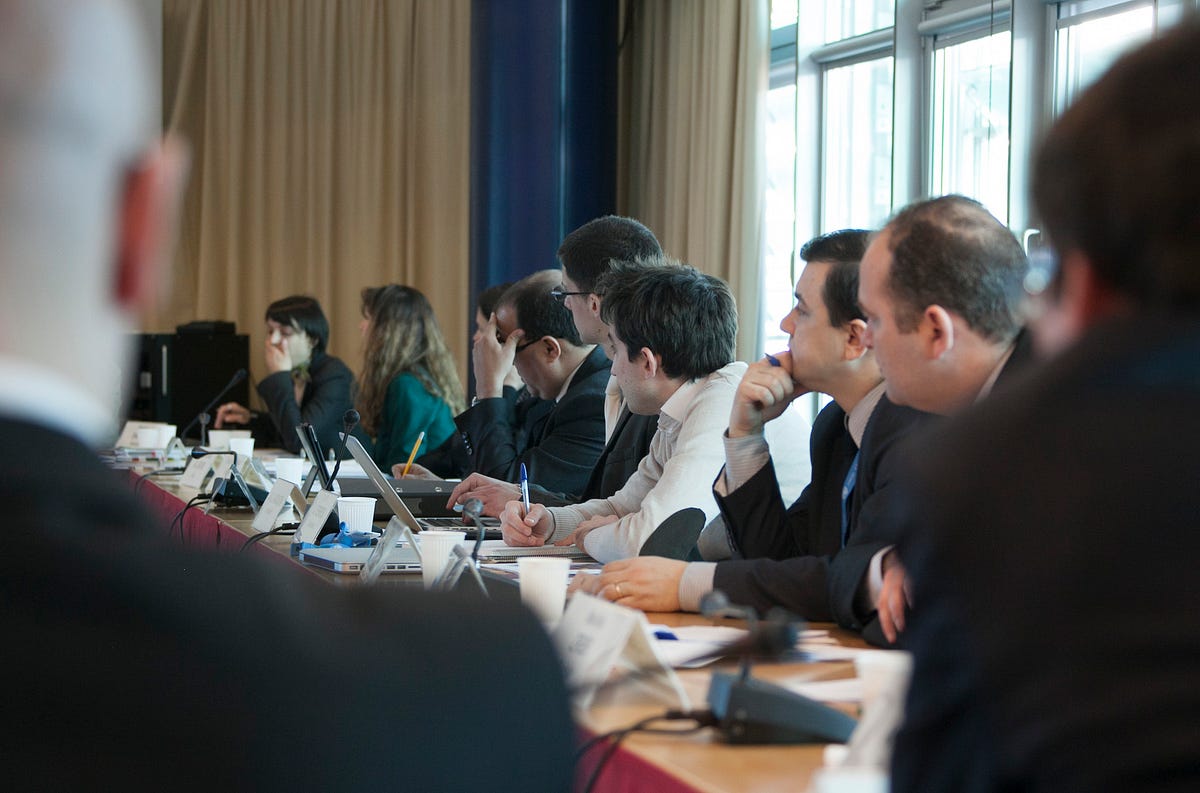 Diplomacy has often been seen as a behind-closed-doors practice taking place in stuffy meeting rooms and made up of discussions that often result in nebulous outcomes.
Diplomacy has often been seen as a behind-closed-doors practice taking place in stuffy meeting rooms and made up of discussions that often result in nebulous outcomes.